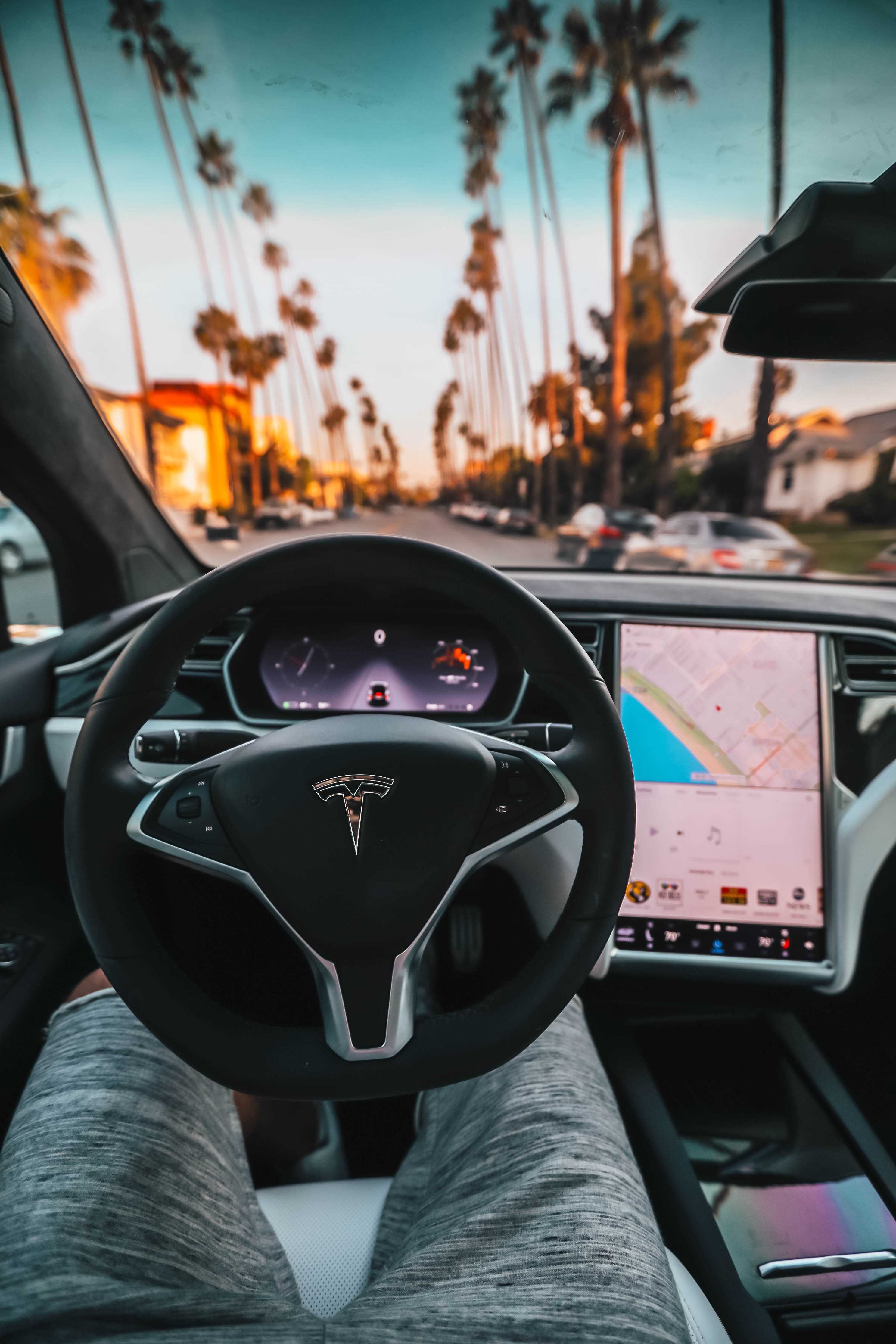
|
(519) 742-7774 Free initial Consultation Home and Hospital Visits Available |
|||
Self-Driving Cars and the Challenges of Interacting with Human Drivers |
|
June 27, 2023, Kitchener, Ontario Posted by: Robert Deutschmann, Personal Injury Lawyer
Safety ConcernsOne of the primary concerns surrounding self-driving cars is the issue of safety. Although autonomous vehicles are equipped with advanced sensor systems that provide a 360-degree view of their surroundings, they must still navigate unpredictable road conditions and interact with human-driven vehicles. Human drivers often exhibit unpredictable behavior, such as sudden lane changes, aggressive maneuvers, or failure to follow traffic rules. Self-driving cars must be able to interpret and respond to these actions effectively to ensure the safety of all road users. Communication BarriersCommunication between human drivers and self-driving cars is a crucial aspect of road safety. Human drivers rely on non-verbal cues, such as eye contact, hand gestures, and nodding, to communicate their intentions on the road. However, self-driving cars lack these intuitive communication methods, leading to potential misunderstandings or misinterpretations. For instance, a self-driving car may fail to recognize when a pedestrian wants to cross the road if the pedestrian assumes the vehicle's sensors have detected them. Similarly, human drivers may not understand the intentions of a self-driving car if it cannot clearly communicate its next move. To address this issue, researchers are exploring various solutions, including the use of external indicators, such as lights or displays, to signal the intentions of self-driving cars. However, establishing standardized communication methods that can be universally understood by all road users remains a challenge. Regulations and Legal FrameworksThe introduction of self-driving cars raises significant questions about regulations and legal frameworks. As autonomous vehicles become more prevalent on the roads, it is crucial to establish clear guidelines and standards to ensure their safe integration with human-driven vehicles. Determining liability in accidents involving self-driving cars can be complex, as it requires an understanding of the roles and responsibilities of both the vehicle's operator and the autonomous system. It is clear that there is a need for international collaboration to develop unified regulations that can facilitate the widespread adoption of self-driving cars. Different countries may have varying legal requirements and frameworks, creating potential barriers for manufacturers and users. Developing consistent regulations will promote interoperability and create a level playing field for self-driving car manufacturers, enabling faster technological advancements and the realization of their full potential. While self-driving cars hold great promise for the future of transportation, the challenges they face when interacting with human drivers should not be underestimated. Safety concerns, communication barriers, and the establishment of regulations are critical factors that need to be addressed for a harmonious coexistence on the roads. Collaboration between industry stakeholders, policymakers, and regulatory bodies is essential to navigate these challenges successfully. With continued advancements in technology and a collective effort to foster understanding and cooperation, a future where self-driving cars and human drivers share the roads safely and efficiently is within reach. If you or a loved one is seriously injured in a car accident involving a self driving car contact one of our highly experienced personal injury lawyers immediately. Don’t face your situation alone. |
|
| Posted under Accident Benefit News
View All Posts |
|
About Deutschmann Law Deutschmann Law serves South-Western Ontario with offices in Kitchener-Waterloo, Cambridge, Woodstock, Brantford, Stratford and Ayr. The law practice of Robert Deutschmann focuses almost exclusively in personal injury and disability insurance matters. For more information, please visit www.deutschmannlaw.com or call us at 1-519-742-7774. It is important that you review your accident benefit file with one of our experienced personal injury / car accident lawyers to ensure that you obtain access to all your benefits which include, but are limited to, things like physiotherapy, income replacement benefits, vocational retraining and home modifications. |
|
Contact us for a
free initial consultation |
Personal Injury Blog
Connect with us
Deutschmann Law concentrates its practice in matters concerning car accidents, motorcycle accidents, pedestrian accidents,bicycle accidents, catastrophic injury, serious injury, brain injury, spinal cord injury and disability insurance claims. Serving Kitchener, Waterloo, Cambridge, Brantford, Ayr, Woodstock, Guelph, Milton, Elmira, Tavistock, Tillsonburg, Ingersoll, Norwich, Elora, Fergus, New Hamburg, Ontario and surrounding areas. “Deutschmann Law Professional Corporation” is practicing under the name Deutschmann Law. © 1998 - 2024 Deutschmann Law Accident, Injury Lawyers and Disability Lawyer Site Map Disclaimer Website by We Think Solutions Full Site | Mobile Site |
 Self-driving cars have emerged as a promising technology that aims to revolutionize the way we travel. These autonomous vehicles are designed to navigate the roads without human intervention, relying on a combination of sensors, artificial intelligence, and advanced algorithms. While the potential benefits of self-driving cars are vast, there are significant challenges when it comes to their interaction with human drivers. This article explores the issues that arise in the coexistence of self-driving cars and human drivers on the roads, highlighting safety concerns, communication barriers, and the need for standardized regulations.
Self-driving cars have emerged as a promising technology that aims to revolutionize the way we travel. These autonomous vehicles are designed to navigate the roads without human intervention, relying on a combination of sensors, artificial intelligence, and advanced algorithms. While the potential benefits of self-driving cars are vast, there are significant challenges when it comes to their interaction with human drivers. This article explores the issues that arise in the coexistence of self-driving cars and human drivers on the roads, highlighting safety concerns, communication barriers, and the need for standardized regulations.